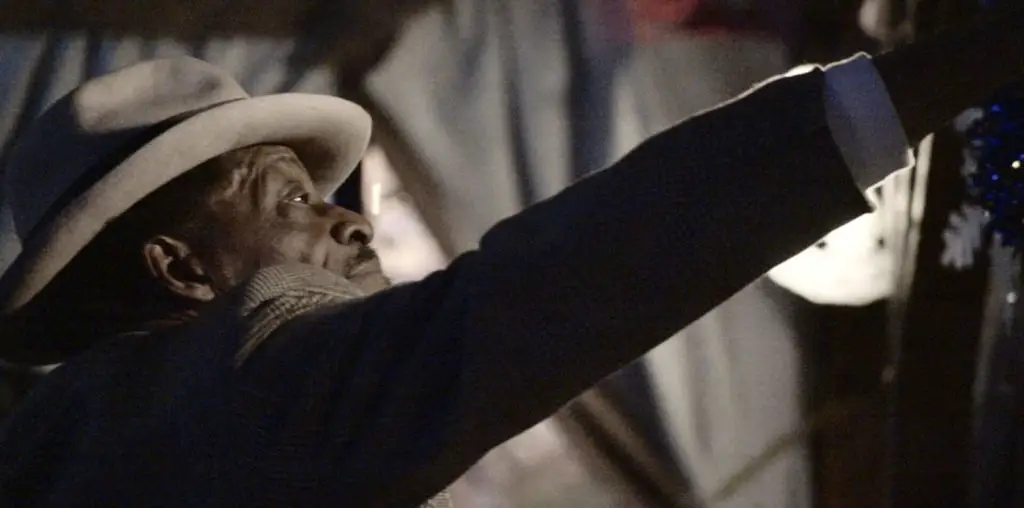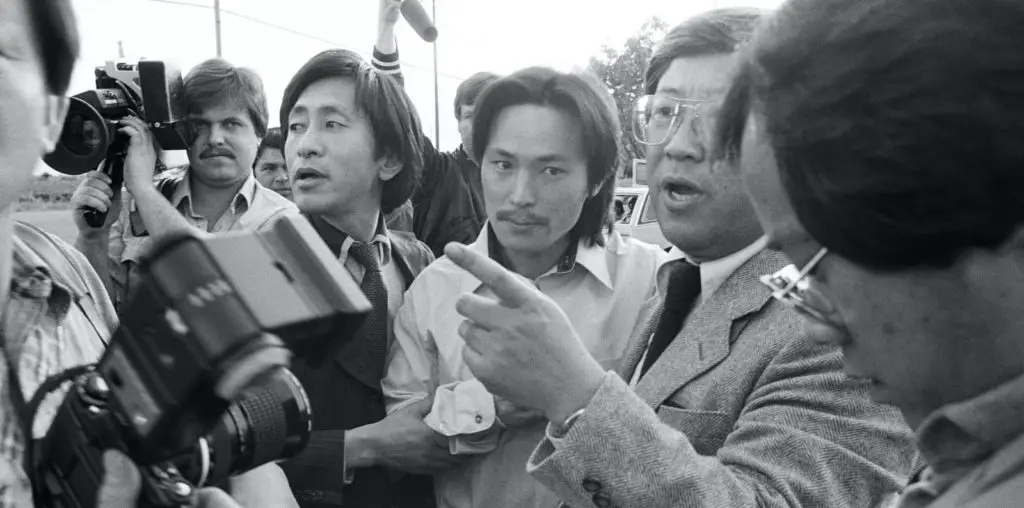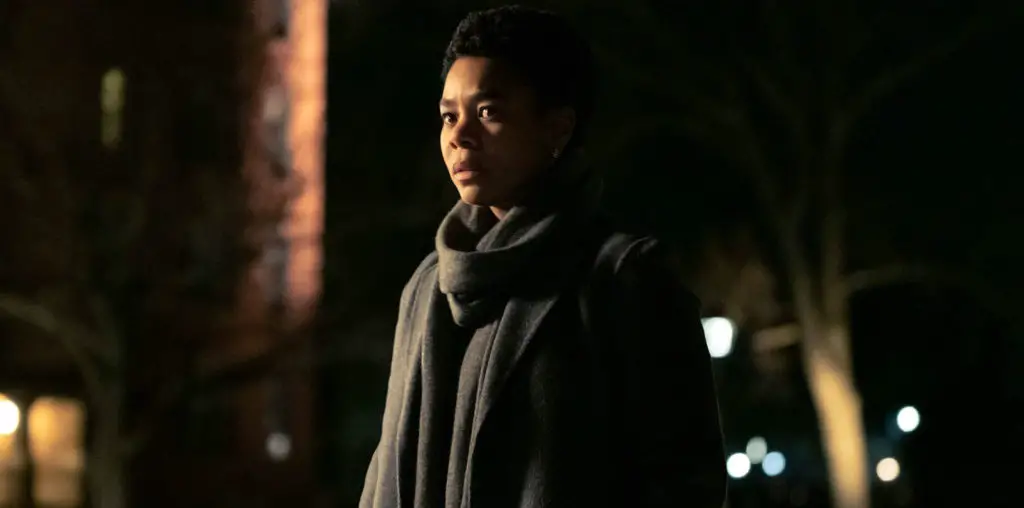
The race problem in America will never be resolved if we can’t listen to those on the other side of the table, no matter how uncomfortable those words are. Such harsh words come from director/writer/star Meshaun Labrone’s film, Spook, co-directed by Nate Starck. In a one-man performance of sorts, Labrone plays fictional death-row inmate Daryl “Spook” Spokane. He’s about to take on the full force of justice in the electric chair for murdering five of his fellow police officers (including his partner) in what came to be known as the Morning Roll Call Massacre.
With just one hour before his execution, Spokane is given a chance to speak on his behalf. In his infamous last words, Spokane talks about this life and struggle as a black man living in modern America and the irrepressible trauma of 466 years of “American terrorism and slavery.” He opens by speaking about how he and black men are portrayed in the news media. For example, Trayvon Martin was a scrawny teen but, over time, described as a monstrous and dangerous criminal.
Of Spokane’s crimes, the families of his black victims were asked if they could ever forgive Spokane, while the white families were allowed to curse Spokane and wish him well in hell. He proceeds to indict Christianity and his parent’s spiritual lobotomy, worshipping a white god. He then explains that wounded dogs get more sympathy than a black man gunned down by the police. Spokane’s indictments grow and grow. Over his hour-long monologue, the picture of America Spokane paints becomes bleaker and bleaker.
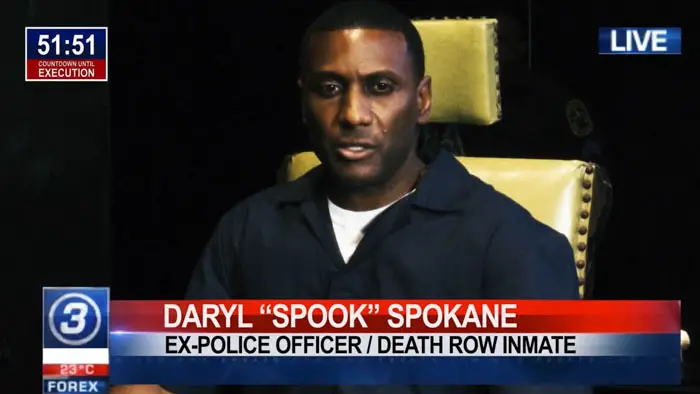
“…about to take on the full force of justice in the electric chair for murdering five of his fellow police officers…”
Labrone gives a powerful performance throughout Spook. His emotions range from anger, rage, and nihilism, while accompanied by pointed accusations against the white witnesses there for Spokane’s final moments. The more Spokane speaks about white racism and supremacy, the more you learn that his beef was with everyone and the system built under white rule. Through his anger, we follow the path of uncontrolled rage and bitterness.
I mentioned at the start that if we’re genuinely willing to see real change in American race relations, we must hear out its victims. Yes, the words and convictions of Spokane are uncomfortable, and yes, it’s really easy to be offended or scream at the screen finding fault in his conclusions. Yet, sometimes you have to take it in, offense and all, for the sake of understanding your brother across from you. The opportunity is given for Spokane to say what’s on his chest, uninterrupted and unrebutted.
I recently criticized a film for being strictly one-sided, which is also true of Spook. It’s incredibly one-sided and paints the lead’s opposition as racist. The difference here is that this film speaks to the character’s experiences and emotions. As Spokane describes his life, you realize that it was a never-ending tale of oppression, not from just white people but everyone. You see how his perception of the role racism played in his life ultimately led him to the electric chair.
Spook is an uncomfortable watch. But, whether or not you agree with Labrone’s message, by the end, you’ll have a better understanding of where and why we are in this mess of America.
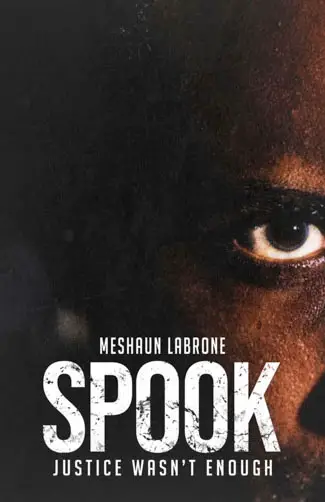
"…by the end, you'll have a better understanding of where and why we are in this mess of America."
